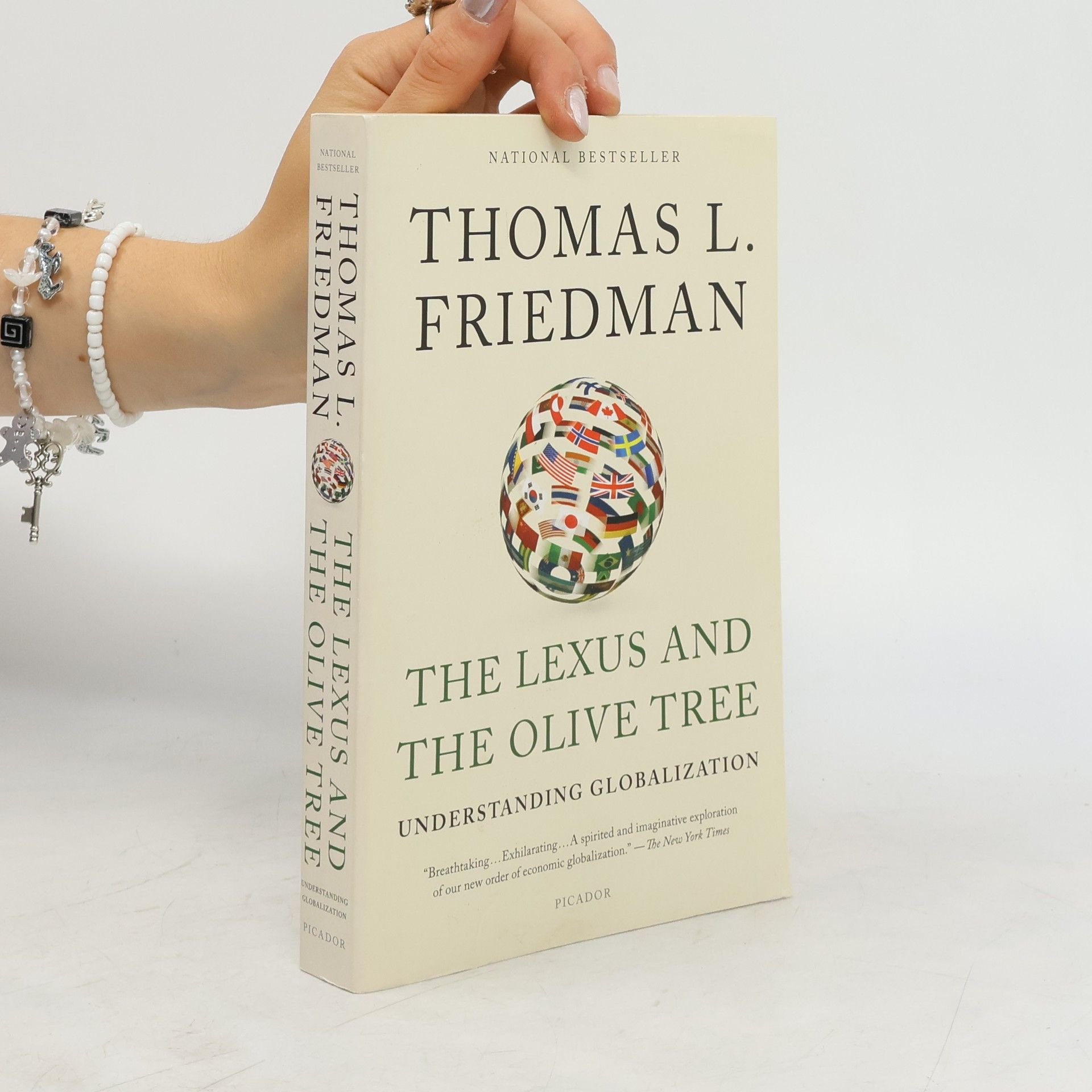Ausverkauft
Mehr zum Buch
Explains how globalization is shaping world affairs, how it replaced the Cold War system, how it is creating a single global market, how it is influencing domestic policies, and other related topics.
Buchkauf
The Lexus and the Olive Tree, Thomas Friedman
- Sprache
- Erscheinungsdatum
- 2012
- product-detail.submit-box.info.binding
- (Paperback)
Lieferung
- Gratis Versand ab 14,99 € in ganz Deutschland!
Zahlungsmethoden
Hier könnte deine Bewertung stehen.







